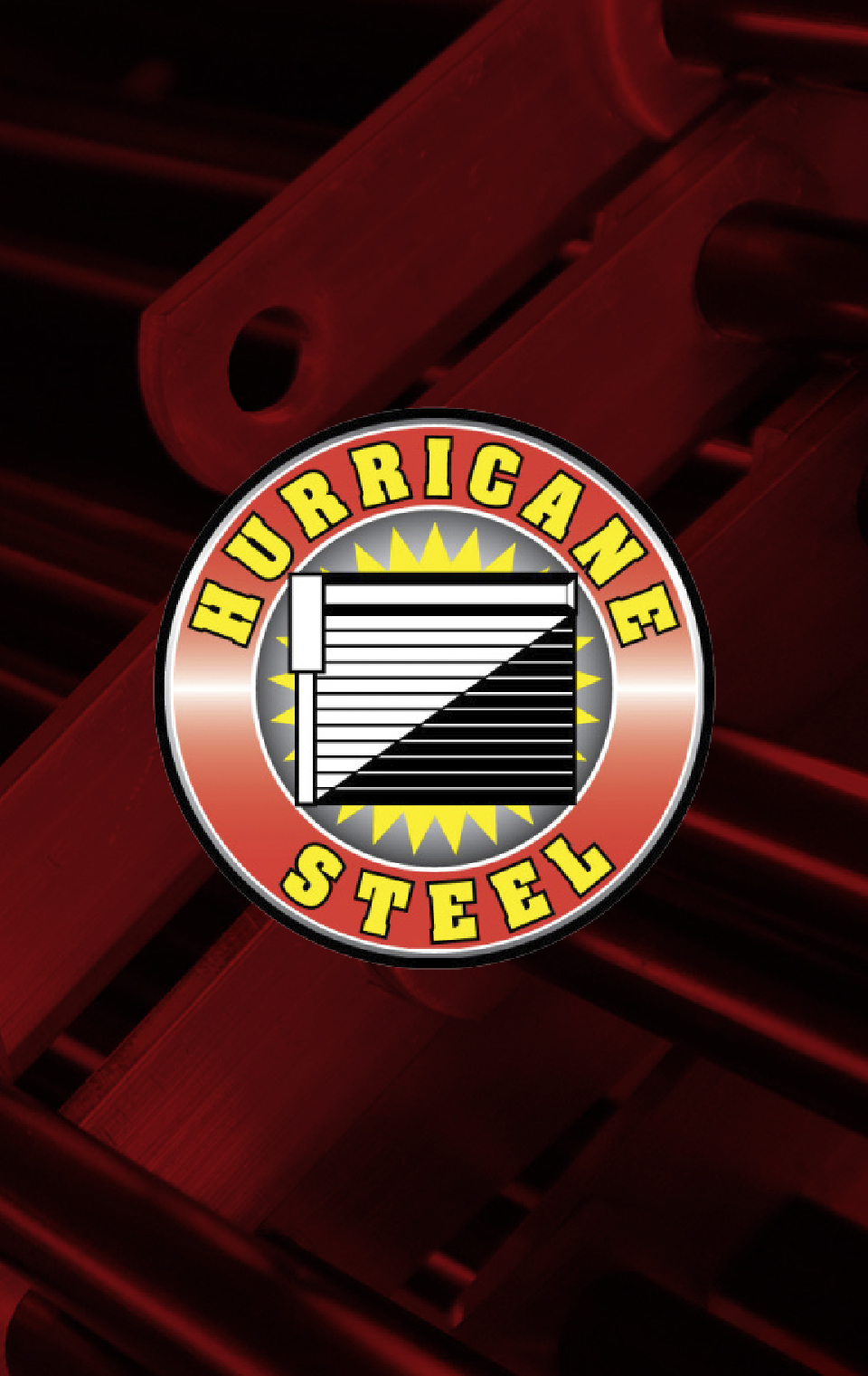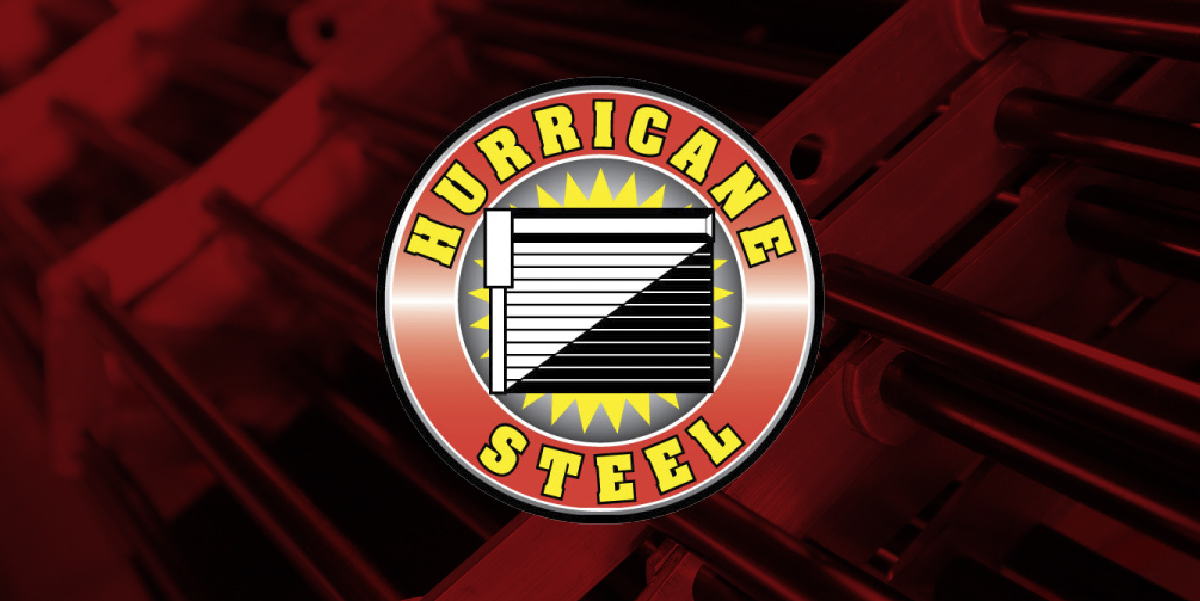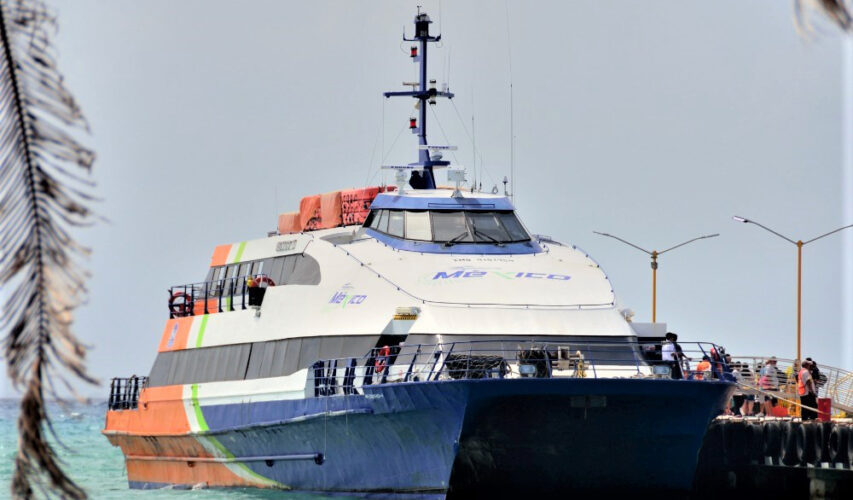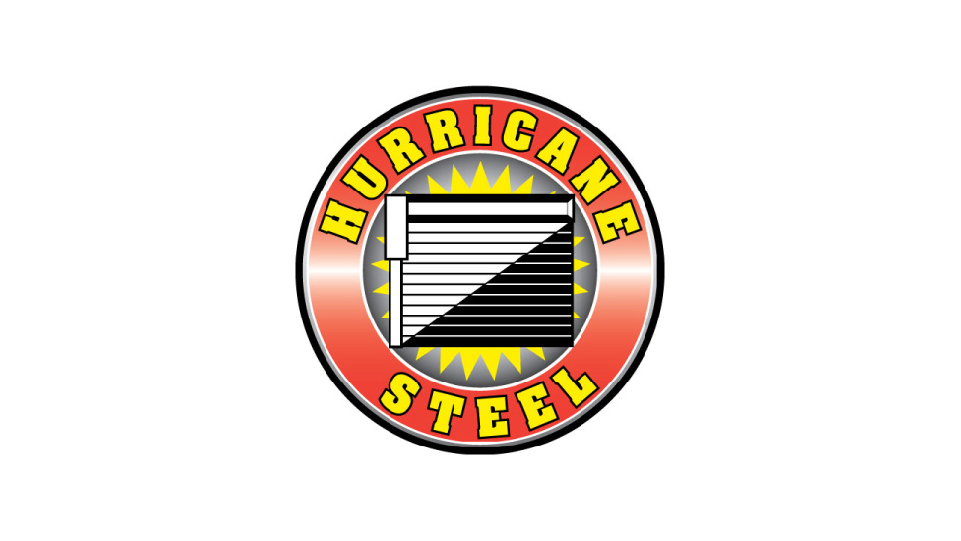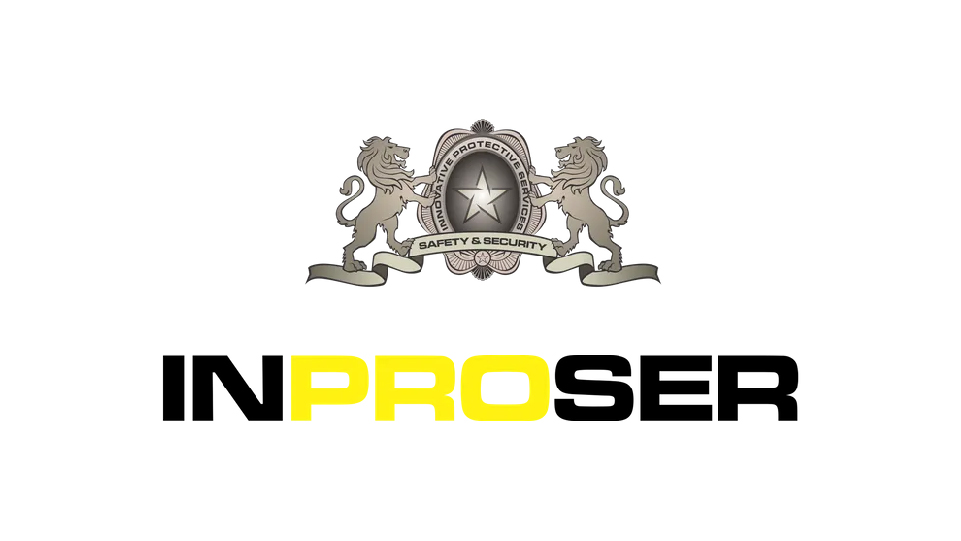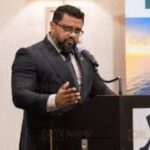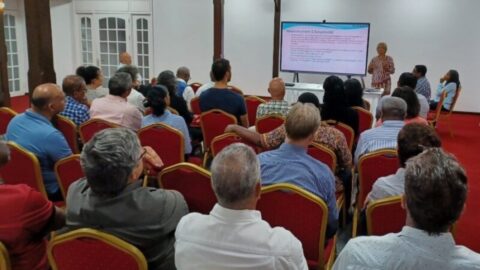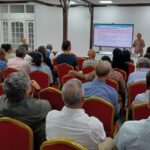Suriname possibly included in regional ferry service
Local Content Suriname
Suriname may possibly get a ferry connection with other countries in the Caribbean area. The country has been included in a project proposal of the Economic Commission for Latin America and the Caribbean (ECLAC) of the United Nations. Neighboring country Guyana and the Windward Islands Aruba, Bonaire and Curaçao are also included in these plans. However, there is still a lot of work to be done before Suriname is actually connected by sea.
For decades, the idea of setting up a ferry service to help promote the economic and social development of a part of the Caribbean region has been considered. The regional network is expected to be cheaper than the relatively expensive flights currently offered and is expected to promote trade between the different islands.
Currently, there are various (mostly private) initiatives that provide local solutions, but a more integrated network is missing. Due to the vastness of the area and the related complexity, no one has dared to come up with a proposal. This has now changed with the presentation of a concrete and detailed plan.
“The ferry network could help Suriname in its efforts to become the ‘food barn’ of the region, which has been dreamed of for so long”
Lowering the threshold
‘The Proposal for the Implementation of a Ferry Service Through Public Private Partnerships (PPP)’ comes from ECLAC and is prepared by Diogo Aita, researcher at that organization. He sees as an additional benefit that the ferry connection will lower the threshold for residents to visit other countries in their own region. “Besides the relatively high costs associated with flying, there are also many more procedures and time involved. That is a deterrent for some people.”
In his proposal, four possible routes are included. In route 1, Colombia, Aruba, Bonaire, Curaçao, Trinidad and Tobago are mentioned. The ferry of route 2 would have to call on Suriname, Guyana and Trinidad and Tobago; route 3 is intended for a ferry to Puerto Rico, Antigua and Barbuda, Guadeloupe and Saint Lucia. The fourth route should bring travelers to and from Saint Lucia, Saint Vincent and the Grenadines, Grenada and Trinidad and Tobago.
Trinidad and Tobago is mentioned as the main hub and Saint Lucia as a back-up for the four proposed routes. In the coming period, consultations will be held with the countries involved about their willingness to participate. The Surinamese government did not respond to the question of whether they are aware of the initiative.
Most feasible route
The route that Suriname will be part of has been identified as the most feasible of the four. “That route is the one that is the most economically viable, but also the one that faces the least political obstacles.
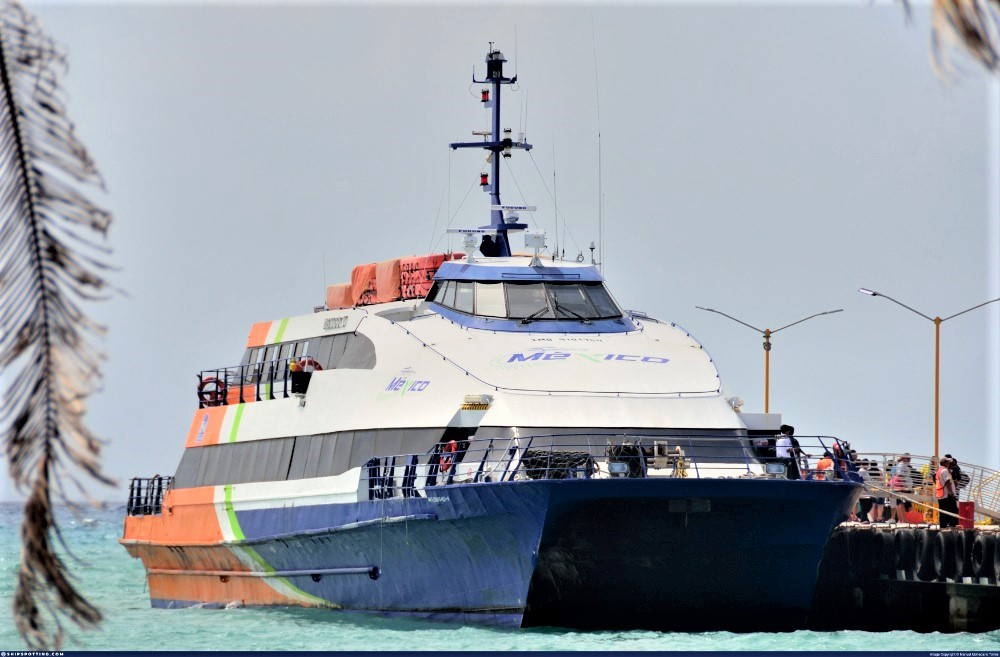
Homework to be done
There is still a lot of water that needs to flow through the Caribbean Sea and Atlantic Ocean before the proposed ferry connections will be operational. Countries that want to be part of the connection network in the future must do their homework in order to be able to accommodate a ferry, such as building decent docks.
A lot depends on the available port capacity in the countries. This needs to be addressed to ensure that the time ships need to stay in ports is as short as possible for better operational efficiency.
The UN agency’s study has also found that a lack of necessary port equipment and information systems will create obstacles. A shortage of qualified personnel could also impede smooth processing of ships and the registration of passengers and goods.
This applies especially to countries that have no experience with cruise tourism, such as Suriname and Guyana, it is warned. Customs and immigration rules for the flow of goods and people will have to be reviewed and improved to speed up processes and reduce transaction costs.
Barbados ‘punished’
Interestingly, Barbados is not included in any of the four possible routes. The reason for this is not known, but the island’s government believes it is being ‘punished’ for its critical stance towards US President Joe Biden.
President Mia Mottley has repeatedly criticized the United States on various occasions, including foreign policy and the half-hearted approach to climate problems. This has angered Washington.
The ECLAC, consisting of 46 members, is heavily dependent on the United States for financing. So whether the ferry connections will come about seems to depend mainly on Washington’s blessing. However, Aito also thinks that there is room for local government subsidies, once governments realize the social benefits and positive effects, especially compared to the polluting air traffic. He hopes that concrete steps will be taken before the end of this year.
Date: 14 januari 2023
Advertentie
Wilt u uw merk hier tonen?
Maak contact en ontdek de advertentiemogelijkheden!
Wilt u uw merk hier tonen?
Maak contact en ontdek de advertentiemogelijkheden!
– DISCLAIMER –
LocalContentSuriname.com is een portaal waar ondernemers, bedrijven en stichtingen zich willen presenteren. Deze website is niet verantwoordelijk voor de inhoud die op deze pagina getoond wordt. Alle informatie die op deze pagina wordt verstrekt, moet onafhankelijk worden geverifieerd. Er worden geen garanties of verklaringen gegeven voor de juistheid van de informatie. Ga naar veelgestelde vragen voor meer informatie.
